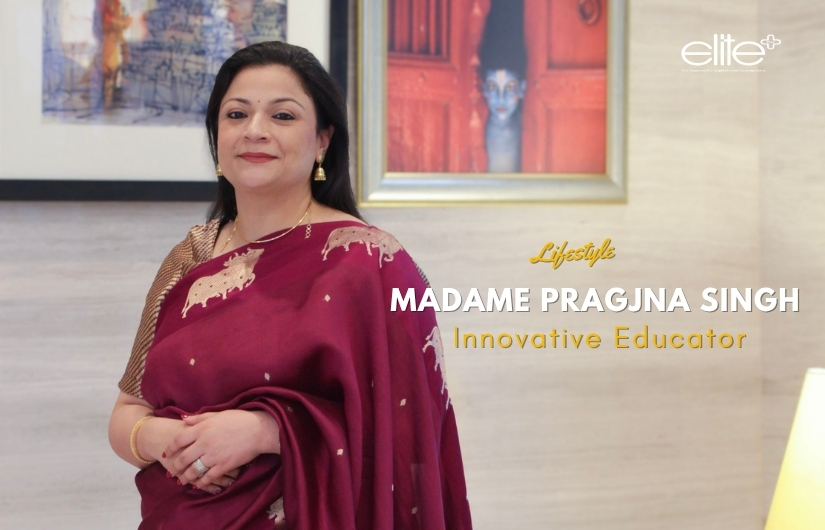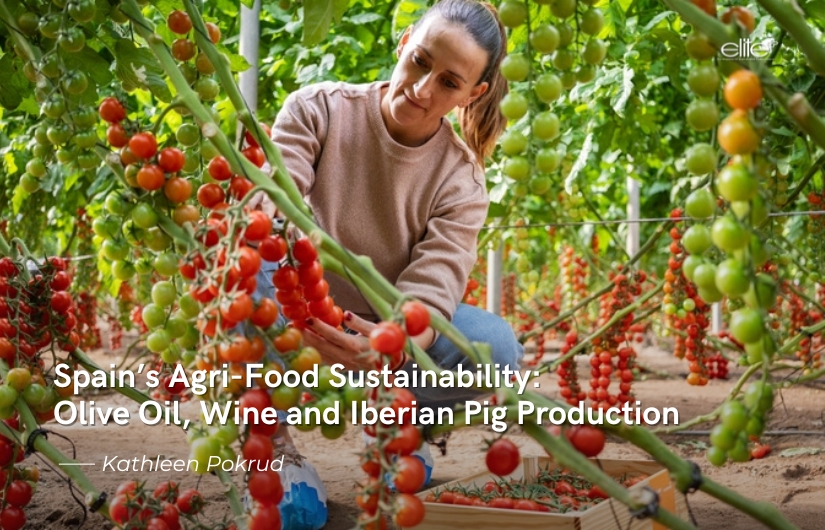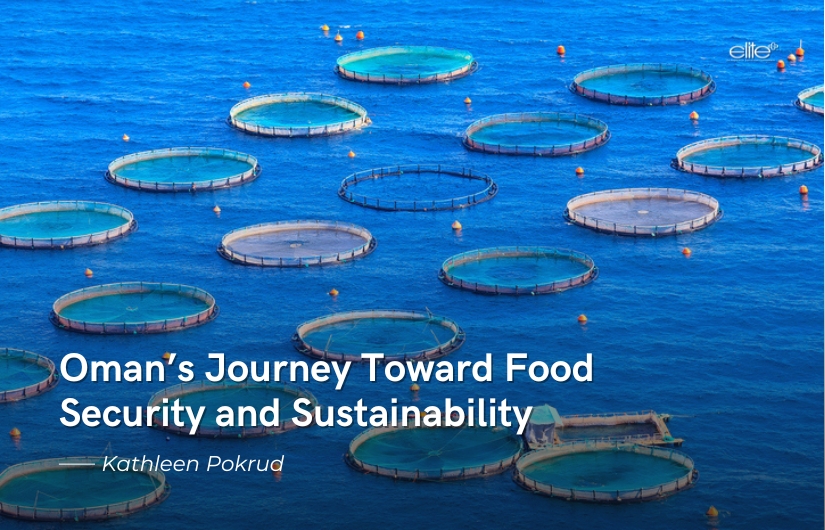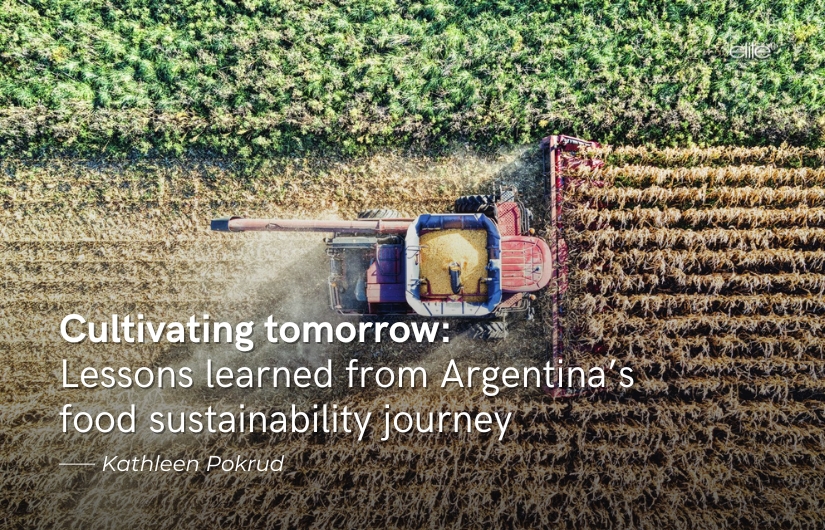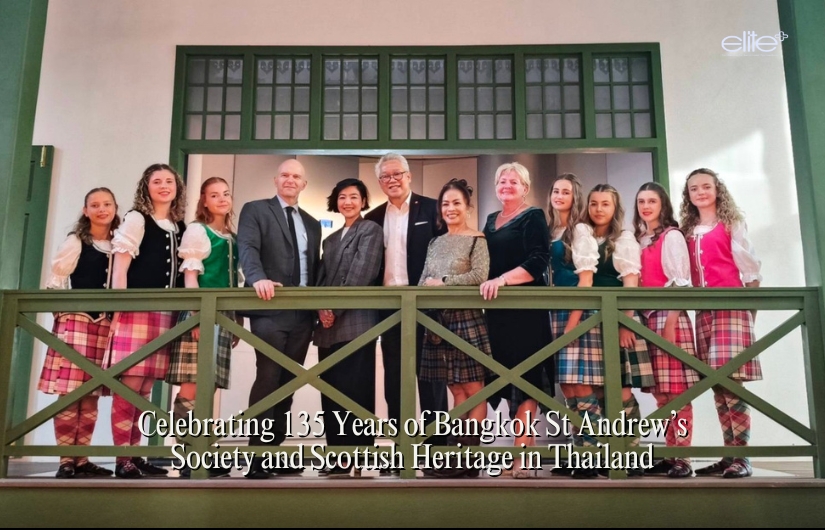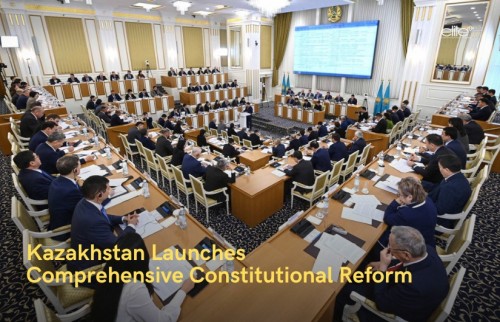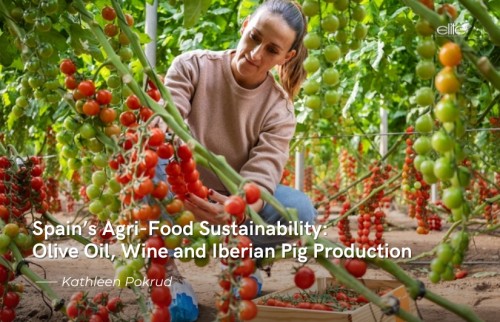Madame Pragjna Singh: Innovative Educator
Madame Pragjna Singh strongly believes that education plays a significant role in moving India forward, with the country being the world’s largest democracy and perhaps its most plural society in social, economic, religious and linguistic terms. Accompanying her spouse, H.E. Ambassador Nagesh Singh, the couple arrived in Bangkok in November 2022. Madame Pragjna shared her views on education and women's roles in the current context with Elite+.
Madame Pragjna earned her Bachelor of Arts degree in Economics but later changed her focus to education, completing a Bachelor of Education in India and subsequently a Master of Arts in Teaching (Childhood Education) in New York. She recalled her time as an educator in the United States as one with a steep learning curve. “I had some of the most poignant learning experiences while teaching in a public school in the Bronx and a private school in Manhattan. It was challenging as well as gratifying to motivate my first batch of first graders from varied socio-economic backgrounds.”
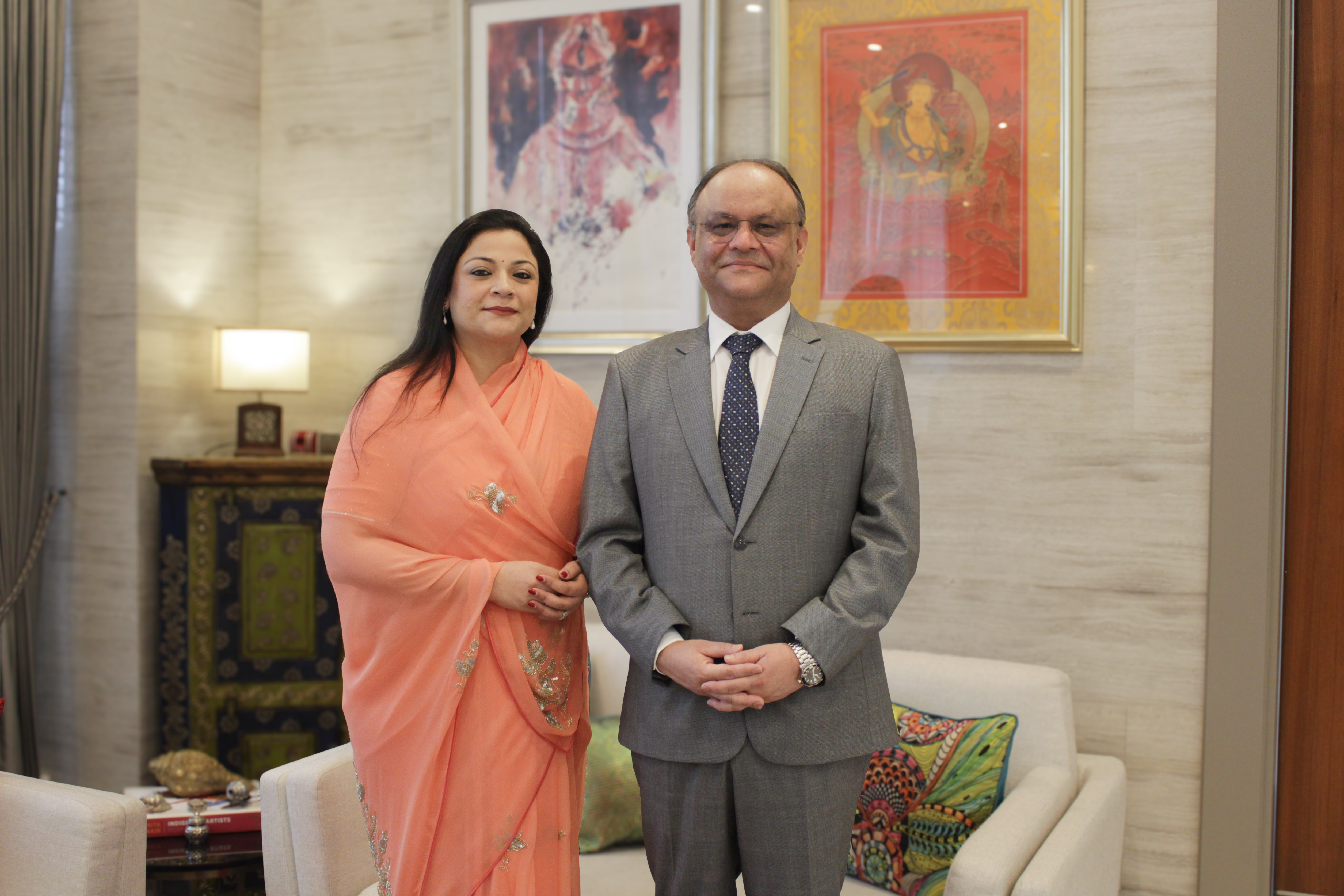
Armed with a pedagogy that is firmly rooted in the belief that each child can learn, she has had numerous opportunities to apply this all over the world with students coming from different backgrounds.
Madame Pragjna is proud of her diverse education experiences. An incident that helped her lay the foundation for her own pedagogy was while studying for her Master’s degree in New York. She has two children, a son and daughter, who, at that time, were 7 years and 9 months old, respectively. On the day of her end-of-semester presentation, Madame Pragjna’s babysitter called to say that she was unable to come. Worried, she called her professor to let her know that she wouldn’t be able to make it, but the response her professor gave was completely unexpected. She asked Madame Pragjna to bring her children to college for the class. Once she reached the campus and it was her turn to present her thesis, her professor held her infant daughter while her classmates entertained her son. As a result, she earned the highest GPA in her class and imbibed this incident into her professional life. She has thus always tried to ensure that each student in her class succeeded academically even if it meant going the extra mile.
Madame Pragjna’s teaching experience involves using the Reggio Emilia approach at a preschool in New Delhi. She also has experience in the Montessori framework while teaching in Atlanta. Additionally, Madame Pragjna has worked at The British School in New Delhi in her capacity as a class teacher and Head of Year. She also helped the wife of the former vice president of India in setting up a school in one of the inner-city areas of New Delhi for children from marginalized sections of society. “We collaborated with teachers to form a curriculum dedicated towards specific needs of the students. The school started with a capacity of 50 students and later expanded with the growing demand from parents. It was encouraging to see parents from disadvantaged strata of society acutely aspirational for an upward socio-economic mobility of their children. It was a most satisfying experience to be able to contribute in a small way towards the realization of their dreams.”
Now residing in Bangkok, Madame Pragjna candidly admitted that she would like to focus on spending time with her family. While not working full time, she is currently an education consultant with a Delhi-based, non-profit organisation. She is currently designing a curriculum in English and Maths for vulnerable students from grades 1 to 5. “The challenge is to make it interesting and, at the same time, ensure that learners succeed academically. With the school dropout rates high for first generation learners, the most important goal is to hold their interest. Latest statistics show that there are over 1.5 million schools in India with over 250 million enrolled students.” Madame Pragjna also mentioned that the introduction of the New Education Policy in 2023 by Prime Minister Modi’s government is a step in the right direction to make contemporary education relevant to our times. It is seen as taking a step away from the cookie-cutter education system where one style of teaching and learning was expected to benefit all students and make the curriculum more targeted and relevant to societal needs.
In addition to her passion for teaching, Madame Pragjna shared her sentiments towards women empowerment. “I strongly believe that the first step for a woman to be emancipated is through financial independence. How can they achieve this financial independence? The answer is through basic education. Through distance learning programs offered by the government, women and young girls in rural areas are now able to access lessons with flexibility at their own pace while balancing their domestic responsibilities. Furthermore, the Indian government has introduced numerous, effective microfinance schemes through which more than 60 million Indian women currently hold small, collateralfree loans through microfinance institutions. These loans have helped more than 300 million families in the country to achieve financial independence and lead a stable and healthy lifestyle.”
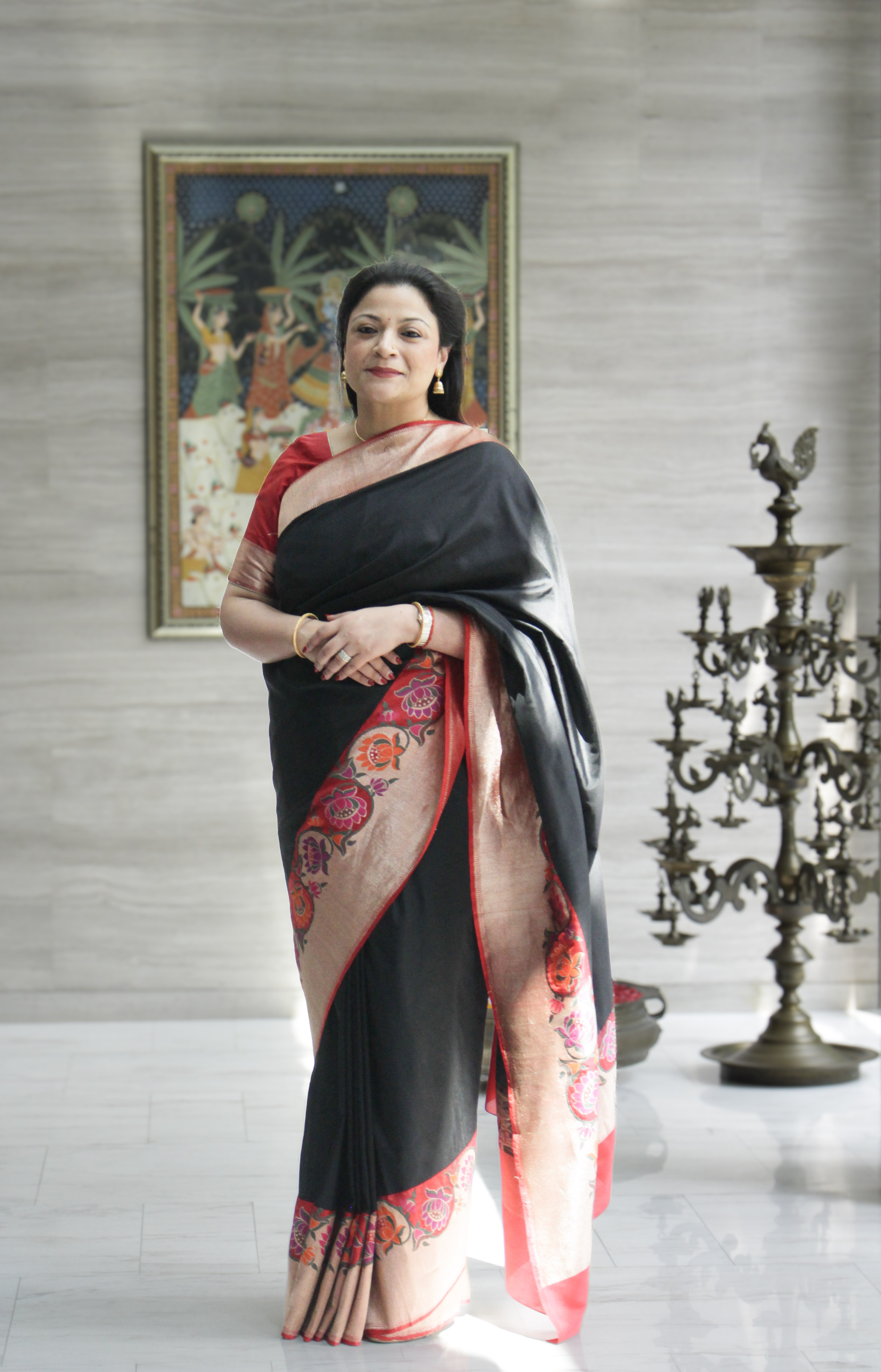
Madame Pragjna went on, “Traditionally, in India, women have always been held in the highest of esteem. A manifestation of which is the fact that in the Indian pantheon of divinity, the Goddess of knowledge, Saraswati; the Goddess of strength and valour, Durga, and the Goddess of prosperity, Lakshmi, are all female deities. Historically, some of the greatest rulers, social reformers and freedom fighters, including Ahilyabai Holkar, Chand Bibi, Rani Lakshmi Bai of Jhansi and Rani Gaidinliu have been women. In contemporary times, some of the tallest political leaders such as the longest serving prime minister, Mrs Indira Gandhi, were and are women. Even in the field of business and enterprise there are several female CEOs of financial institutions as well as owners of cutting-edge technology firms. It is interesting that a good number of women have been at the forefront of India’s space and missile program, including the Chandrayan mission. India has also seen two women as President of the Republic, Mrs Pratibha Patil in the past and currently President Droupadi Murmu.”
Madame Pragjna believes India and Thailand have deep-rooted civilizational linkages based on their shared cultural heritage, including Buddhism and Hinduism, common traditions and linguistic origins. “In modern times, Thailand has been a key pillar of India’s Act East policy and its Vision for the Indo- Pacific. Both countries enjoy close political, economic and commercial, defence and security relations, but the bedrock of our partnership is the vibrant people-to-people connections.” Madame Pragjna stated, “Living in Thailand has been the easiest insertion for my family and me in any of our foreign postings. We feel as if we are back home in India and not in a foreign country. I would attribute this comfort level to the warmth, grace and generous hospitality of the Thai people who set an example by their welcoming nature and humility.”


